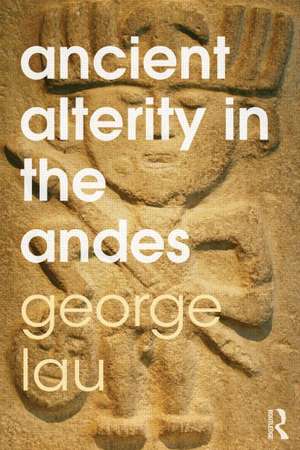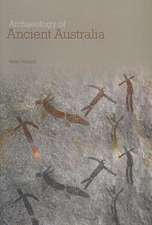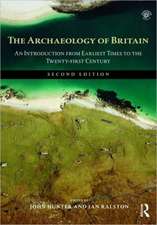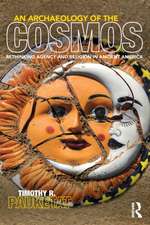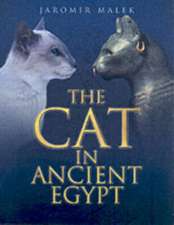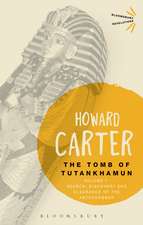Ancient Alterity in the Andes: A Recognition of Others
Autor George F. Lauen Limba Engleză Paperback – 24 oct 2012
Alterity has yet to see sustained treatment in archaeology due in great part to the fact that the archaeological record is not always equipped to inform on the subject. Like its kindred concepts, such as identity and ethnicity, alterity is difficult to observe also because it can be expressed at different times and scales, from the individual, family and village settings, to contexts such as nations and empires. It can also be said to ‘reside’ just as well in objects and individuals, as it may in a technique, action or performance. One requires a relevant, holistic data set and multiple lines of evidence. Ancient Alterity in the Andes provides just that by focusing on the great achievements of the ancient Andes during the first millennium AD, centred on a Precolumbian culture, known as Recuay (AD 1-700).
Using a new framework of alterity, one based on social others (e.g., kinsfolk, animals, predators, enemies, ancestral dead), the book rethinks cultural relationships with other groups, including the Moche and Nasca civilisations of Peru’s coast, the Chavín cult, and the later Wari, the first Andean empire. In revealing little known patterns in Andean prehistory the book illuminates the ways that archaeologists, in general, can examine alterity through the existing record. Ancient Alterity in the Andes is a substantial boon to the analysis and writing of past cultures, social systems and cosmologies and an important book for those wishing to understand this developing concept in archaeological theory.
| Toate formatele și edițiile | Preț | Express |
|---|---|---|
| Paperback (1) | 396.60 lei 6-8 săpt. | |
| Taylor & Francis – 24 oct 2012 | 396.60 lei 6-8 săpt. | |
| Hardback (1) | 1002.80 lei 6-8 săpt. | |
| Taylor & Francis – 26 oct 2012 | 1002.80 lei 6-8 săpt. |
Preț: 396.60 lei
Nou
Puncte Express: 595
Preț estimativ în valută:
75.90€ • 78.95$ • 62.66£
75.90€ • 78.95$ • 62.66£
Carte tipărită la comandă
Livrare economică 15-29 aprilie
Preluare comenzi: 021 569.72.76
Specificații
ISBN-13: 9780415519229
ISBN-10: 0415519225
Pagini: 248
Ilustrații: 1 table
Dimensiuni: 156 x 234 x 13 mm
Greutate: 0.46 kg
Ediția:1
Editura: Taylor & Francis
Colecția Routledge
Locul publicării:Oxford, United Kingdom
ISBN-10: 0415519225
Pagini: 248
Ilustrații: 1 table
Dimensiuni: 156 x 234 x 13 mm
Greutate: 0.46 kg
Ediția:1
Editura: Taylor & Francis
Colecția Routledge
Locul publicării:Oxford, United Kingdom
Public țintă
Postgraduate and UndergraduateCuprins
1. Recognising Others: an Introduction 2. Region, Art and Society and during the Early Intermediate Period 3. Familiar Others: Kin, Collectivity and Authority 4. Predatorial Relations 5. The Dead and the Living 6. Conclusions
Notă biografică
George Lau is Senior Lecturer at the Sainsbury Research Unit, School of World Art Studies and Museology, University of East Anglia, UK.
Recenzii
"Lau presents a spirited defense of the intermediate period/horizon chronological scheme of Andean archaeology, arguing that the marked regionalism of the Early Intermediate Period was mediated by a peculiar politics of alterity. This well-researched, thought-provoking book will appeal widely to archaeologists working in the Andes and beyond. Summing Up: Highly recommended."
– E. R. Swenson, University of Toronto, in CHOICE
– E. R. Swenson, University of Toronto, in CHOICE
Descriere
Ancient Alterity in the Andes is the first major treatment on ancient alterity: how people in the past regarded others.
